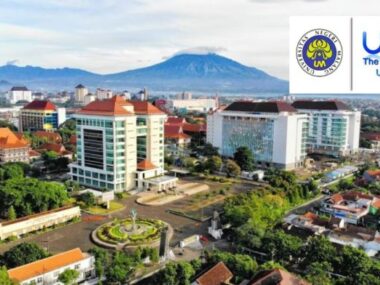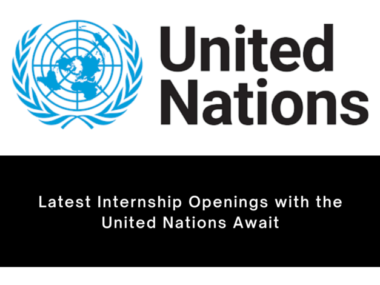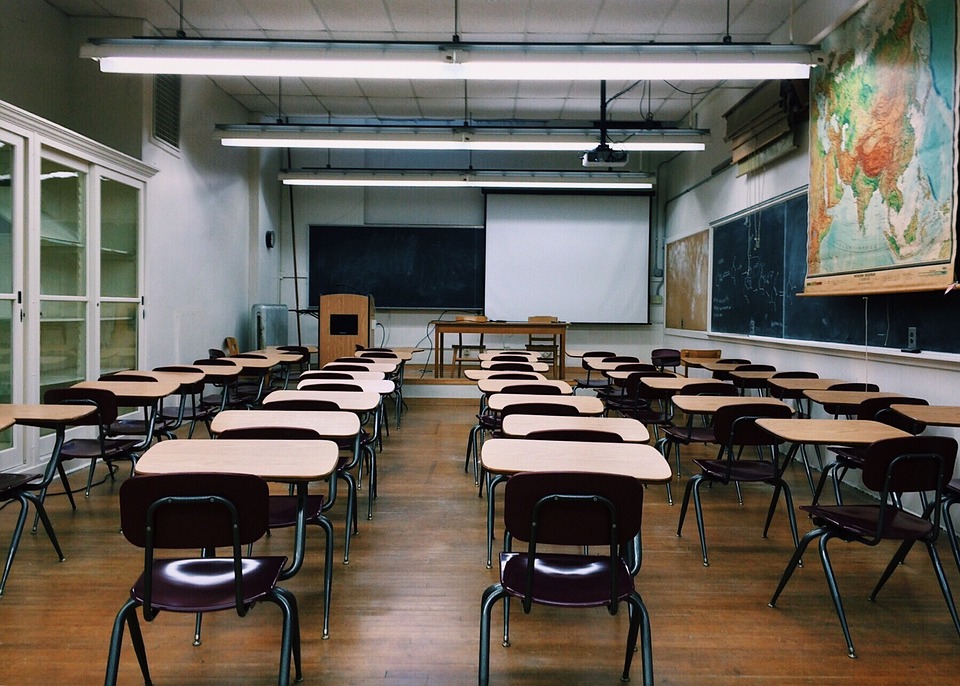Money is an essential part of our lives, and it is important to understand what it is and how it works. Money is a medium of exchange that is used to purchase goods and services. It is also a store of value, a unit of account, and a standard of deferred payment. Money is used to facilitate transactions between buyers and sellers, and it is also used to measure the value of goods and services. Money is created by governments and central banks, and it is regulated by governments and central banks. Money is also used to measure the value of assets, such as stocks and bonds. Money is an important part of the global economy, and it is essential for economic growth and stability. Understanding money and how it works is essential for anyone who wants to make informed financial decisions.
What is Money and How Does it Work?
Money is a medium of exchange that is used to facilitate transactions between two or more parties. It is a form of currency that is accepted as payment for goods and services. Money is used to purchase goods and services, pay for debts, and store value.
Money is a representation of value and is used to measure the worth of goods and services. It is a medium of exchange that is accepted by all parties involved in a transaction. Money is used to purchase goods and services, pay for debts, and store value.
Money is created by governments and central banks. Governments and central banks create money by issuing currency, which is a form of money that is accepted as payment for goods and services. Governments and central banks also create money by issuing debt instruments, such as bonds and notes.
Money is exchanged through a variety of methods, including cash, checks, debit cards, credit cards, and electronic transfers. Money is also exchanged through the use of digital currencies, such as Bitcoin and Ethereum.
Money is used to facilitate transactions between two or more parties. It is a form of currency that is accepted as payment for goods and services. Money is used to purchase goods and services, pay for debts, and store value. Money is created by governments and central banks and is exchanged through a variety of methods. Money is a representation of value and is used to measure the worth of goods and services.
The History of Money and Its Evolution
The history of money is a fascinating topic that has been studied for centuries. Money has been around since ancient times, and its evolution has been shaped by a variety of factors, including technological advances, economic conditions, and social and political developments.
In its earliest form, money was used as a medium of exchange for goods and services. Ancient civilizations used coins, shells, and other objects as currency. As civilizations grew and became more complex, money became more sophisticated. In the Middle Ages, coins were minted and paper money was introduced.
The Industrial Revolution saw the emergence of banks and the development of a modern banking system. This allowed for the transfer of money between countries and facilitated international trade. The invention of the telegraph and the telephone enabled the transfer of money over long distances.
The 20th century saw the introduction of credit cards, electronic banking, and online payment systems. These advances have made it easier to transfer money and have allowed for the development of a global economy.
Today, money is used in a variety of forms, including cash, checks, credit cards, and digital currencies. Money is also used to purchase goods and services, to invest, and to save for the future.
The history of money is an interesting and complex topic. It has been shaped by a variety of factors, including technological advances, economic conditions, and social and political developments. As technology continues to evolve, so too will the way we use money.
Different Types of Money Around the World
Money is an essential part of everyday life, and it comes in many different forms around the world. From coins and paper notes to digital currencies, there are a variety of different types of money used in different countries. Here is a look at three of the most common types of money used around the world.
The first type of money is coins. Coins are small, round pieces of metal that are used as a form of currency in many countries. Coins are usually made from metals such as copper, nickel, or silver, and they come in a variety of sizes and denominations. Coins are used for everyday purchases, such as buying food or paying for services.
The second type of money is paper notes. Paper notes are printed pieces of paper that are used as a form of currency in many countries. Paper notes come in a variety of denominations, and they are usually printed with the country’s currency symbol and a portrait of a famous person or landmark. Paper notes are used for larger purchases, such as buying a car or a house.
The third type of money is digital currencies. Digital currencies are digital forms of money that are used in many countries. Digital currencies are created and managed using computer networks, and they are not backed by any physical asset. Digital currencies are used for online purchases, such as buying goods and services from online stores.
These are just three of the most common types of money used around the world. Each type of money has its own advantages and disadvantages, and it is important to understand the different types of money before making any financial decisions.
The Role of Money in Society
Money plays an important role in society, and its influence is felt in almost every aspect of life. Money is a medium of exchange that allows people to purchase goods and services, and it is also a store of value that can be used to save for future purchases. Money is also a measure of wealth, and it is used to compare the relative wealth of individuals and nations.
The role of money in society is complex and multifaceted. Money is used to purchase goods and services, and it is also used to pay for taxes, debts, and other obligations. Money is also used to invest in businesses, stocks, and other financial instruments. Money is also used to purchase assets such as real estate and art.
Money is also used to measure the relative wealth of individuals and nations. Wealth is often measured in terms of the amount of money a person or nation has. This can be used to compare the relative wealth of different countries, and it can also be used to measure the relative wealth of individuals within a country.
Money is also used to measure the value of goods and services. Prices are determined by the amount of money that people are willing to pay for a good or service. This allows people to compare the relative value of different goods and services, and it also allows people to make decisions about how to allocate their resources.
Finally, money is used to facilitate transactions between individuals and businesses. Money is used to pay for goods and services, and it is also used to transfer funds between individuals and businesses. This allows people to buy and sell goods and services, and it also allows businesses to pay for goods and services.
In conclusion, money plays an important role in society. Money is used to purchase goods and services, to measure the relative wealth of individuals and nations, to measure the value of goods and services, and to facilitate transactions between individuals and businesses. Money is a powerful tool that can be used to improve the lives of individuals and nations.
The Impact of Money on the Global Economy
Money has a profound impact on the global economy. It is the lifeblood of the global economy, and its influence is felt in every corner of the world. Money is used to purchase goods and services, to invest in businesses, and to finance government activities. It is also used to facilitate international trade and to provide a medium of exchange between countries.
The global economy is highly dependent on money. Money is used to purchase goods and services, to invest in businesses, and to finance government activities. Money is also used to facilitate international trade and to provide a medium of exchange between countries. Money is the lifeblood of the global economy, and its influence is felt in every corner of the world.
The global economy is highly dependent on money. Money is used to purchase goods and services, to invest in businesses, and to finance government activities. Money is also used to facilitate international trade and to provide a medium of exchange between countries. Money is the lifeblood of the global economy, and its influence is felt in every corner of the world.
The impact of money on the global economy is far-reaching. Money is used to purchase goods and services, to invest in businesses, and to finance government activities. Money is also used to facilitate international trade and to provide a medium of exchange between countries. Money is the lifeblood of the global economy, and its influence is felt in every corner of the world.
The global economy is highly dependent on money. Money is used to purchase goods and services, to invest in businesses, and to finance government activities. Money is also used to facilitate international trade and to provide a medium of exchange between countries. Money is the lifeblood of the global economy, and its influence is felt in every corner of the world.
The impact of money on the global economy is immense. Money is used to purchase goods and services, to invest in businesses, and to finance government activities. Money is also used to facilitate international trade and to provide a medium of exchange between countries. Money is the lifeblood of the global economy, and its influence is felt in every corner of the world. Money is the driving force behind economic growth and development, and its impact on the global economy is undeniable.
In conclusion, money is an essential part of our lives and is a powerful tool for exchanging goods and services. It is a medium of exchange, a store of value, and a unit of account. Money is also a powerful motivator and can be used to incentivize people to do certain tasks. Money is a complex concept and its importance in our lives cannot be overstated. It is important to understand the different types of money, how it works, and how to use it responsibly.





